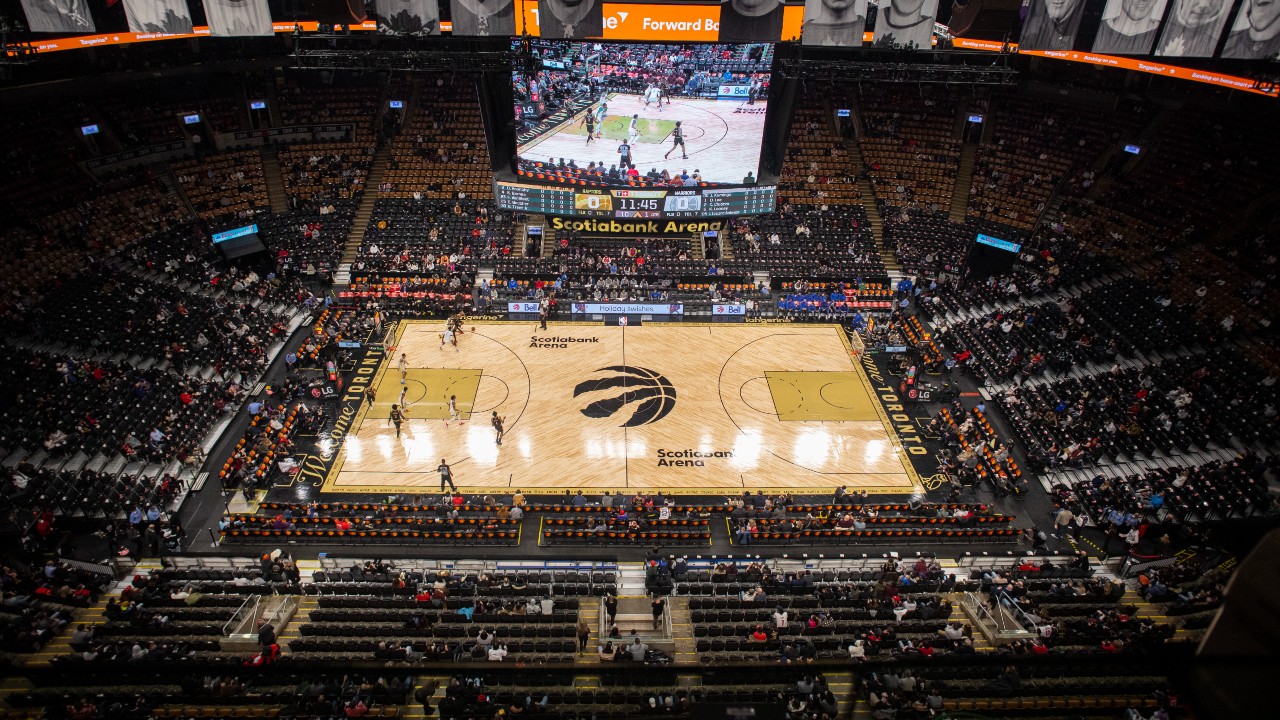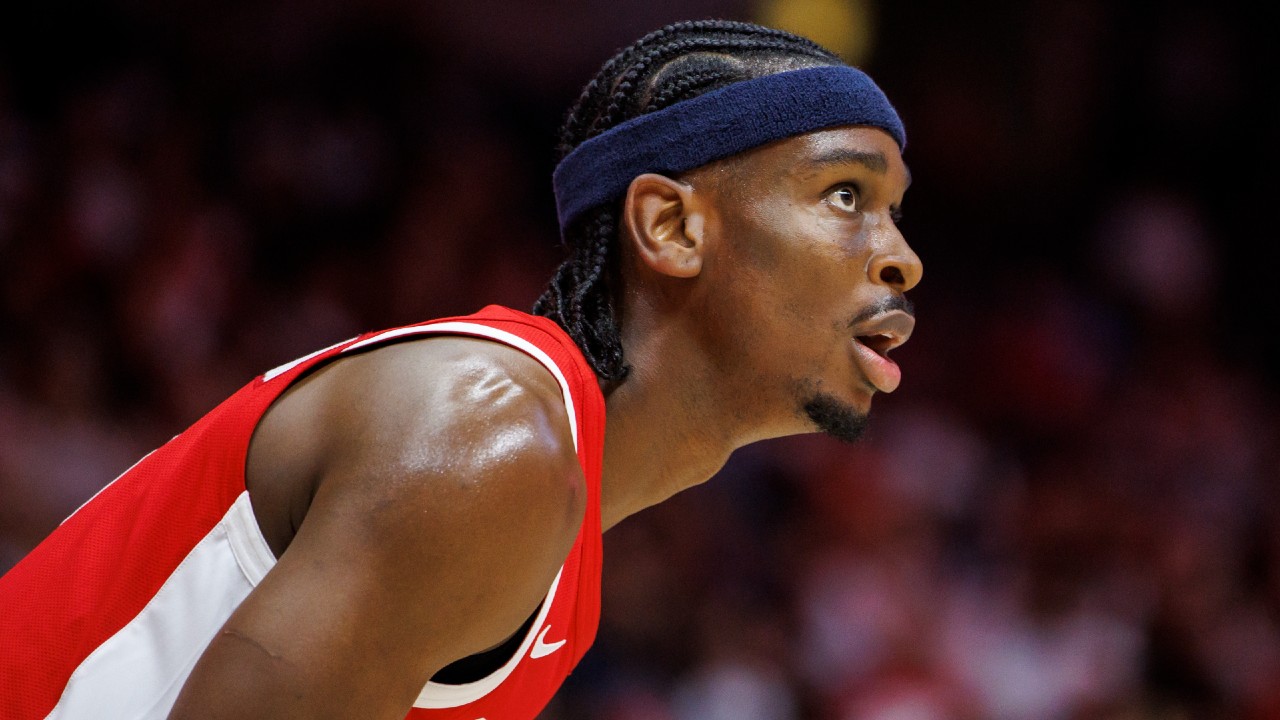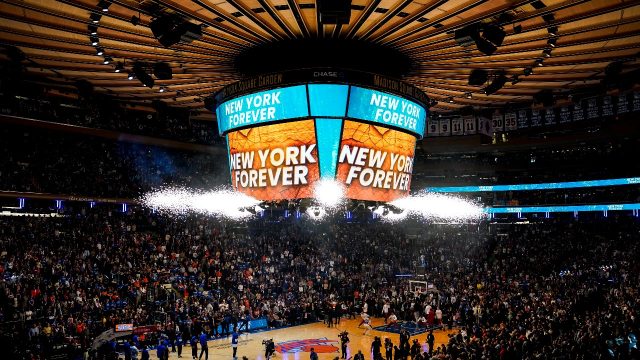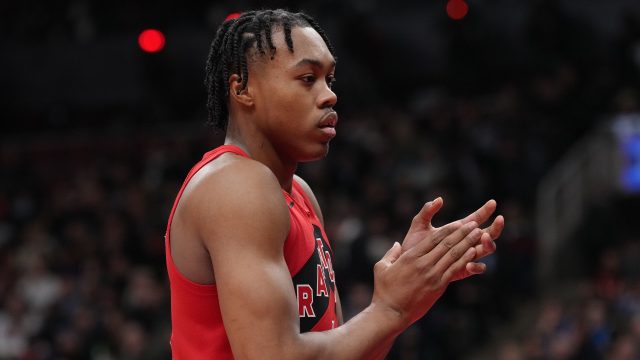
TORONTO — It’s an NBA axiom: When it comes to hoops knowledge, everyone steals.
No one in the world’s best league is so original that their basketball philosophies are complete secrets to their competition, or at least not for long. If someone does push the envelope — former Toronto Raptors head coach Nick Nurse got ahead of the curve for a season or two with his swarming, ball-hawking style of defence and willingness to embrace underused tactics such as the “box-and-one” he broke out against Steph Curry and the Golden State Warriors — it gets noted, gobbled up and either mainstreamed or steamrolled.
It is, as the saying goes, a copycat league.
But there is also being inspired by an opponent’s approach — studying tactics, gaining information from former players or coaches, poring over video — and then there is theft in real-time.
And the latter is what the New York Knicks are alleging one of their former coaches did on his way out the door to take a job with the Raptors.
In a seemingly unprecedented move, the Knicks filed a lawsuit in the U.S. District Court in Manhattan on Monday, alleging that former staffer Ikechukwu Azotam sent the Raptors thousands of confidential digital files while he was being recruited to join Toronto as part of new head coach Darko Rajakovic’s staff.
The most damning allegation is that Azotam performed some of his corporate espionage at the direction of Rajakovic and player development coach Noah Lewis, and that the Knicks’ proprietary data was allegedly accessed up to 2,000 times by up to 10 unnamed Raptors employees.
The dates involved certainly suggest there might be fire where there’s smoke. Rajakovic was hired in Toronto in early June, and Azotam allegedly began forwarding Knicks information in July to his personal Gmail account, which he then shared with the Raptors. The suit also alleges that it was in this period that Rajakovic and Lewis directed Azotam to use the Knicks’ subscription to Synergy Sports to transfer film information and data to Toronto. The data breach was discovered on Aug. 15, one day after Azotam left the Knicks for the Raptors.
There are two primary issues.
One is, is this a big deal?
The other — not unrelated to the first — is what consequences Azotam, Rajakovic and the Raptors might face if the Knicks allegations are proven true, which — given the apparent digital footprint that allowed the Knicks to uncover the actions to begin with — shouldn’t be all that hard.
On the “Is it a big deal?” front, well, it depends on who you ask.
After speaking with a couple of executives from other teams, I think it’s fair to say that that the Knicks lawsuit hasn’t caused 28 other franchises to begin scanning their organizations’ computer servers in a panic, looking for possible cybercrimes.
Each of them agreed that although what the Knicks are alleging to have happened isn’t nothing — there is a reason employees sign confidentiality agreements in the NBA — the question is whether the information Azotam was providing to the Raptors was actually exclusive to the Knicks and valuable in a significant way.
“What he’s being accused of feels really bad. It might be inflated a little bit, but it sounds like a lot, and if he forwarded (information) to another team while he was working for the Knicks, that’s not good,” said one league executive. “Sure, you can say all the teams have a lot of the same stuff, but (Knicks head coach) Tom Thibodeau is paid $8 million a year for a reason; his opinion is valuable. How many games in this league come down to the last possession? Tendencies matter, and in the playoffs they matter even more. Sure, everyone knows this stuff, but depending on how deep a team goes and who’s doing the digging, it matters.”
The context then, is important. If it is borne out that what Azotam was doing on behalf of his new employer was really just pulling together information he’d gathered in his role with the Knicks as a way to prove his own value in what amounted to an extended job interview — “When guys want to come work for you, they sell their stuff,” said one league source. “So, yeah, bring it. But don’t get caught” — well, maybe it’s not such a big deal.
“I’m not being dismissive of this,” said another executive. “But people take stuff all the time (when they change jobs). Yes, it’s proprietary, but it’s usually their own product; work that they’ve done over time. So, without knowing the sensitivity level or what was taken or how egregious it was, it’s not something I’d care about that much.
“And timing matters, too. If it was mid-season and he was taking stuff for the current year, or the upcoming season, I might be more upset about it, but if it’s from the previous year, I don’t know if I’d be all that mad.”
And as for the volume of files — the suit alleges that Azotam “illegally shared 3,358 video files” and that “the stolen files were accessed over 2,000 times by the Raptors’ defendants” — well, again, context matters.
In a league where games are recorded from every angle at 25 frames per second, “a single game edit could be thousands of files,” said one source.
So, on the surface anyway, the Knicks-Raptors dust-up seems like only a distant relative to the MLB case of corporate espionage from 2016, when the FBI determined that then-St. Louis Cardinals scouting director Chris Correa had been hacking into the Houston Rockets proprietary database for years, accessing scouting reports on draft prospects, contract information and notes on trade discussions at critical moments during the season. The FBI got involved and Correa eventually pleaded guilty to five counts of unauthorized access to a protected computer and was sentenced to 46 months in prison. After the criminal case, MLB weighed in, requiring St. Louis to pay $2 million and their top two draft picks to the Astros.
Which raises the question, is the Knicks case even worthy of a lawsuit?
The consensus seems that it is more of a league matter that could have been handled internally. And it escalated so quickly: The Knicks informed Raptors ownership (MLSE) of the issue only last Thursday. But even though MLSE pledged full cooperation, the Knicks went ahead and filed the lawsuit anyway.
“It sort of feels like someone over there blew their top,” said one of the league executives, referring to the Knicks.
As for what now?
Well, that’s the real question. For now, the league has refrained from commenting, but that will be the next step.
Otherwise?
“From an employment law perspective, it’s a no-brainer,” said Matt Dewer, a Toronto-based lawyer with Duntrune Employment Lawyers. “If an employee is caught funnelling documents and strategy to a competitor, they would be fired, and efforts would be made to recover whatever damages were owed. It’s an open-and-shut case.”
But the Knicks’ challenge will be proving that the information was actually significant to their business success — these aren’t drug patents, but game film, after all — and what actual damages they have suffered, or what the Raptors gained from the process.
“It’s pretty telling that in the suit the Knicks left the damages they’re seeking as ‘TBD,’” added Dewar. “The Knicks don’t even know themselves what damages they’ve suffered.”
Will the Raptors eventually suffer any?
Per Dewar, the Raptors are under no obligation to even fire Azotam, let alone anyone higher on the organizational chart.
But should they? One view is that if he’s so willing to contravene his employment agreement with the Knicks for the Raptors’ benefit, who’s to say he won’t do it to the Raptors when the next team comes knocking. Another? Someone who is willing to be a “mole” — as described in the suit — on your behalf might the kind of guy you want around: if you’re not cheating, you’re not trying, as the saying goes.
How this all gets resolved will be interesting. The chances of it going to trial seem slim, and the chances of the Knicks winning don’t seem all that great either, given it would be hard to prove that the information taken was actually a trade secret and not just some well-organized scraping of existing public data. Proving the Knicks suffered any great loss because of what Azotam did, regardless of his motivation, would be harder still. After all, the season hasn’t even started.
A scouting report on how to play the 2022-23 Indiana Pacers — which was among the information allegedly taken — can be deemed only so valuable in 2023-24.
Does the league have to step in and make a ruling for the whole thing to go away quickly? That seems about right.
Let’s say it’s worth a six-figure fine and — maybe — a future second-round pick and call it a day. And then the NBA can get back to business as usual, where stealing everyone’s best ideas is the lifeblood of the league, as long as it doesn’t happen over company email and no one gets caught.







